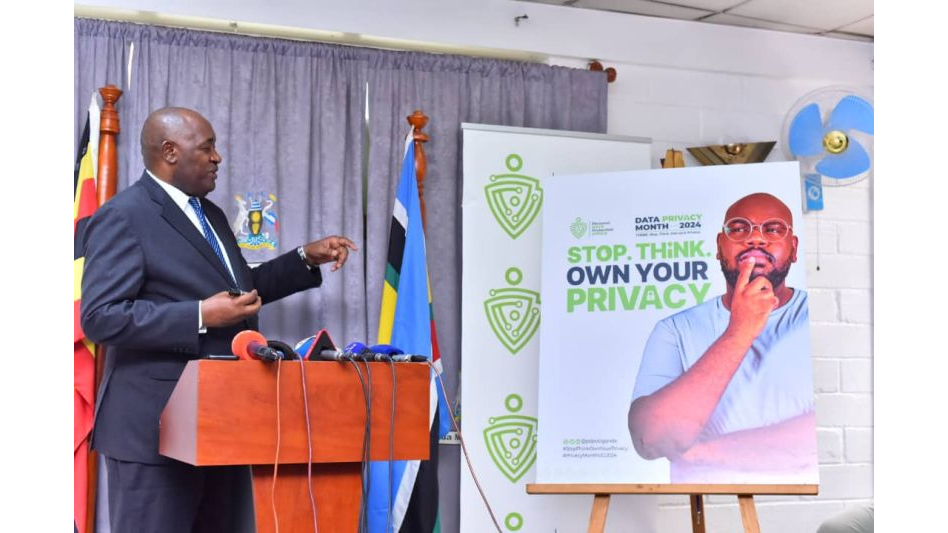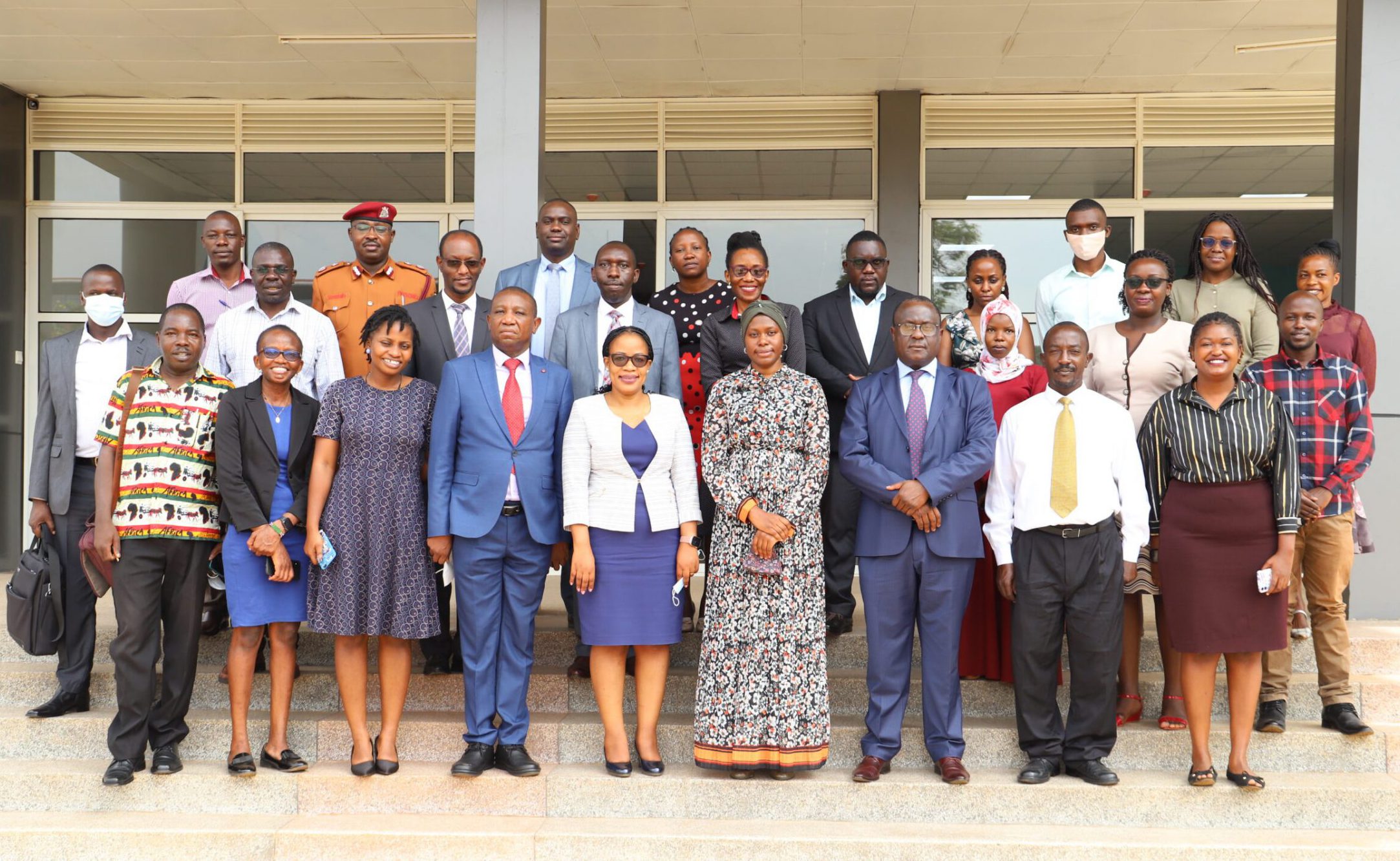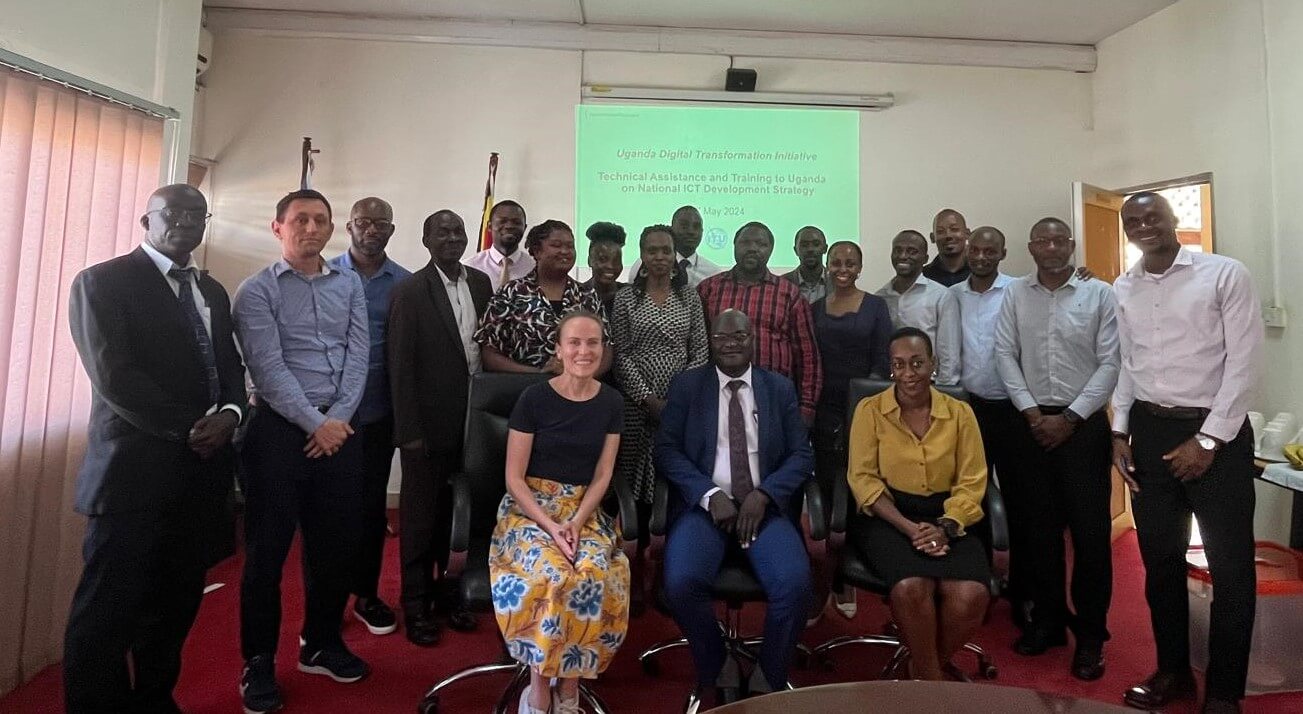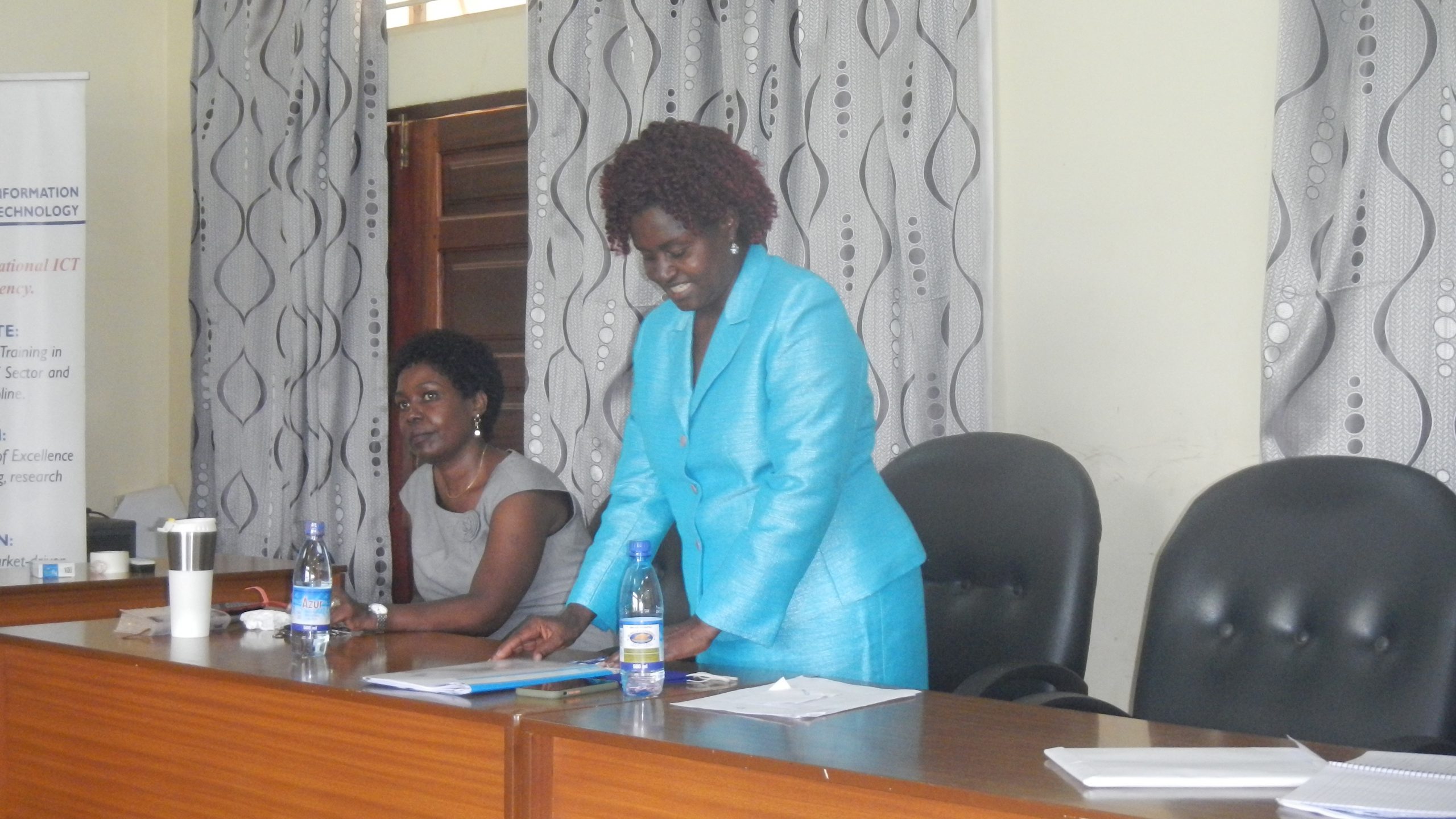In 2024, cybercriminals stole more than UGX 72 billion from Ugandans, according to the Criminal Investigations Directorate (CID). That money could have paid school fees, covered hospital bills, or supported small businesses, but instead, it vanished in seconds. One of the most publicised incidents involved Kisoro District Chairman Abel Bizimana, whose WhatsApp account was hijacked and used to impersonate him. These are not just statistics; they are stories of trust broken and lives disrupted, reminding us how vulnerable our digital space can be.
This October, Uganda joins the rest of the world to mark Cybersecurity Awareness Month, a time to reflect, learn, and act to protect what matters most: our people, our stories, and our digital lives. Cybersecurity is not only for experts; it concerns every Ugandan who owns a phone, sends mobile money, or shares information online. From Kampala’s busy streets to remote villages, digital safety affects us all. Protecting a device is not just about data; it’s about protecting trust.
As the 2025 elections draw nearer, online activity is surging, and so are cyber threats. Scammers are becoming more sophisticated, sending fake alerts, cloning official documents, and spreading panic to trick people into hasty decisions. They often prey on emotion, telling stories about sick relatives or lost jobs to gain sympathy and access to money. Their real goal is not only to steal but to exploit trust and disrupt communication.
Mobile money fraud remains one of the most common forms of cybercrime. Many Ugandans have woken up to find their accounts emptied after SIM swaps or phone scams that convinced them to reveal their PINs. Impersonation is also on the rise, with criminals now using deepfake videos and AI-generated voices to mimic people we know. It’s getting harder to tell what’s real from what’s fake.
Recognising these growing threats, the Ministry of ICT and National Guidance (MoICT&NG) has made cybersecurity a national priority. Under the leadership of Hon. Dr. Chris Baryomunsi, the Ministry has integrated digital safety into national campaigns, legal reforms, and public outreach. “Protecting our digital income should be a top priority,” Dr. Baryomunsi said during the Data Privacy Warning Campaign. “I urge everyone to take this seriously.”
Permanent Secretary Dr. Aminah Zawedde has also emphasised inclusion and collaboration in the fight against cyber threats. Through youth programmes, women’s digital skilling, and community dialogues, she ensures that cybersecurity is not just a policy but a daily practice. Her approach is rooted in trust and shared responsibility because a secure digital Uganda depends on everyone.
Through its agencies, the National Information Technology Authority – Uganda (NITA-U), the Uganda Communications Commission (UCC), and the National Computer Emergency Response Team of Uganda (CERT-UG), the Ministry is working tirelessly to safeguard citizens, institutions, and businesses. NITA-U protects government and financial systems; UCC enforces consumer safety and holds service providers accountable; and CERT-UG swiftly responds to cyber incidents, helping people and organisations recover. Together, they translate national commitment into real protection.
The Ministry also coordinates with other key institutions such as the Uganda National Bureau of Standards (UNBS), which sets technology standards; the Financial Intelligence Authority (FIA), which tracks digital fraud; and the Inspectorate of Government (IGG), which combats cyber-enabled corruption. This multi-agency collaboration ensures Uganda’s digital ecosystem remains safe, resilient, and inclusive.
Uganda’s legal framework continues to evolve to protect citizens online. The Data Protection and Privacy Act safeguards personal information; the Electronic Transactions Act gives confidence in online payments and digital contracts; and the Computer Misuse Act combats impersonation, hacking, and online harassment. Together, these laws form a strong shield for citizens navigating the digital world.
Digital safety education has also reached the grassroots. Across districts, the Ministry and its agencies are running community outreach programmes and digital literacy drives through ICT Innovation Hubs, equipping citizens with practical skills to stay safe online. These initiatives make cybersecurity real, relevant, and accessible.
Beyond policies and campaigns, platforms like the Ministry’s Ugandan Podcast have brought digital safety conversations closer to the people. In an episode titled “Data, Rights & Digital Safety,” host Anne-Marie Wandera-Bewulira engages experts from government, civil society, and technology on what it truly means to build a secure and inclusive digital Uganda. The message in this episode is clear: data protection is not just about compliance, but also about dignity, trust, and inclusion.
Securing Uganda’s digital space is a collective effort, with universities such as Makerere integrating cybersecurity into their curricula. Private companies, including telecoms and tech startups, are partnering with the government to raise awareness. Media houses like NBS continue to spotlight stories and expert insights, helping make cybersecurity part of everyday conversation.
Staying safe online starts with small habits: pause before reacting to emotional messages; avoid clicking unknown links; verify before sharing personal details; use strong passwords and enable two-factor authentication; never share your PIN or OTP; and always report suspicious activity to CERT-UG or your service provider. Most importantly, share what you learn because one informed person can protect many others.
Looking ahead, Mr. Sax Agaba, Information Technology Officer for Information Security at the Ministry, underscores the importance of continued investment: “We need to strengthen our cybersecurity systems and modernise data centres to make government services more secure and accessible.” He also warns of the increasing misuse of digital platforms by minors and urges parents to guide their children’s online behaviour. “Technology alone is not enough,” he adds. “We also need a mindset shift. Citizens must use digital tools responsibly to fully benefit from Uganda’s digital transformation.”
As Cybersecurity Awareness Month 2025 unfolds, it reminds us that digital safety is not just about technology; it’s about people, dignity, and trust. Every Ugandan deserves to feel safe online, whether sending school fees, managing a business, or staying connected with loved ones. This movement goes beyond awareness; it calls for action. When we pause, verify, report, and share, we become the first line of defence. And when we stand together - government, media, schools, families, and communities we build a Uganda that is not only connected but protected.
This October, let us all protect what matters most. A safer digital Uganda begins with you.



